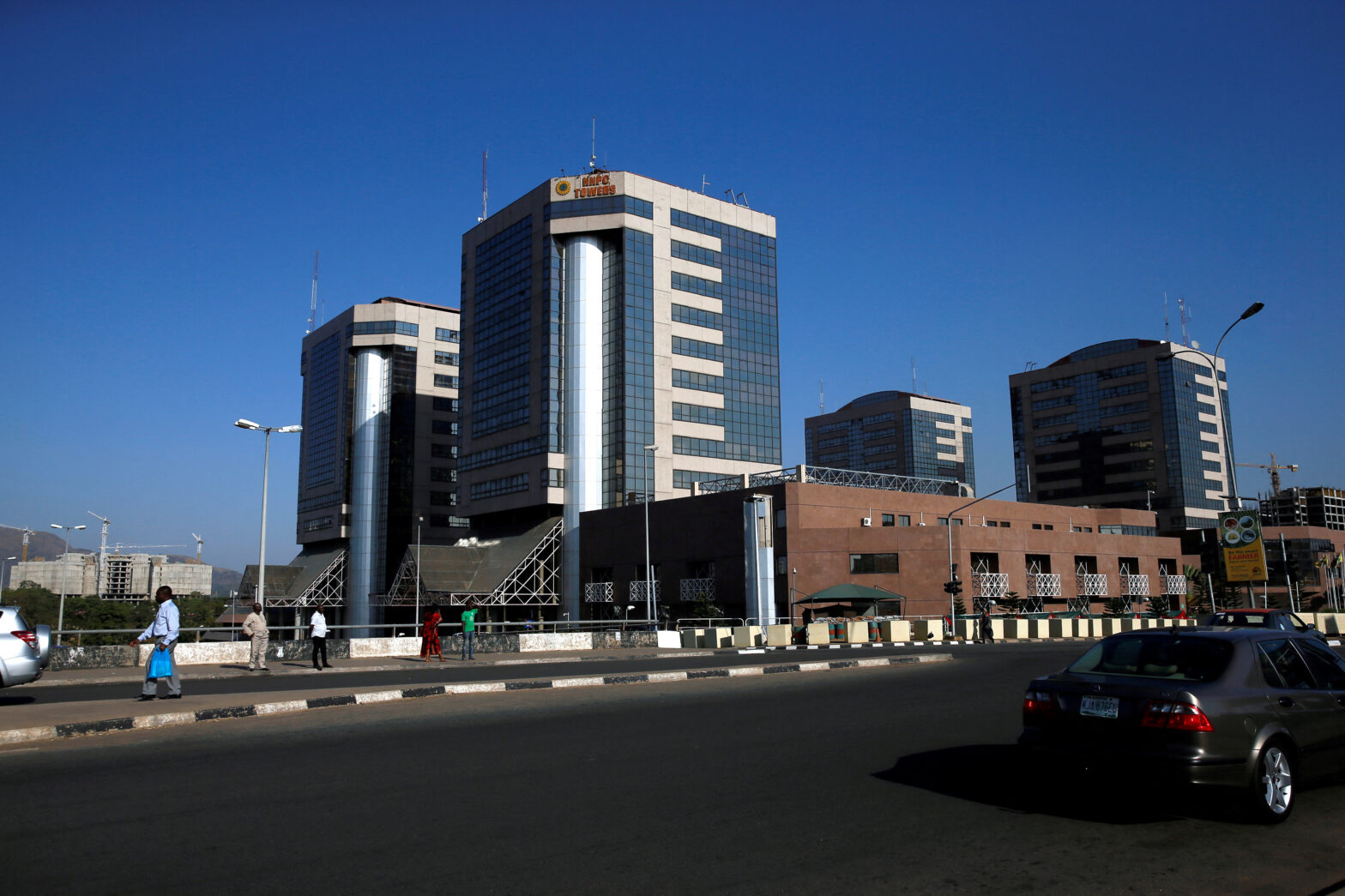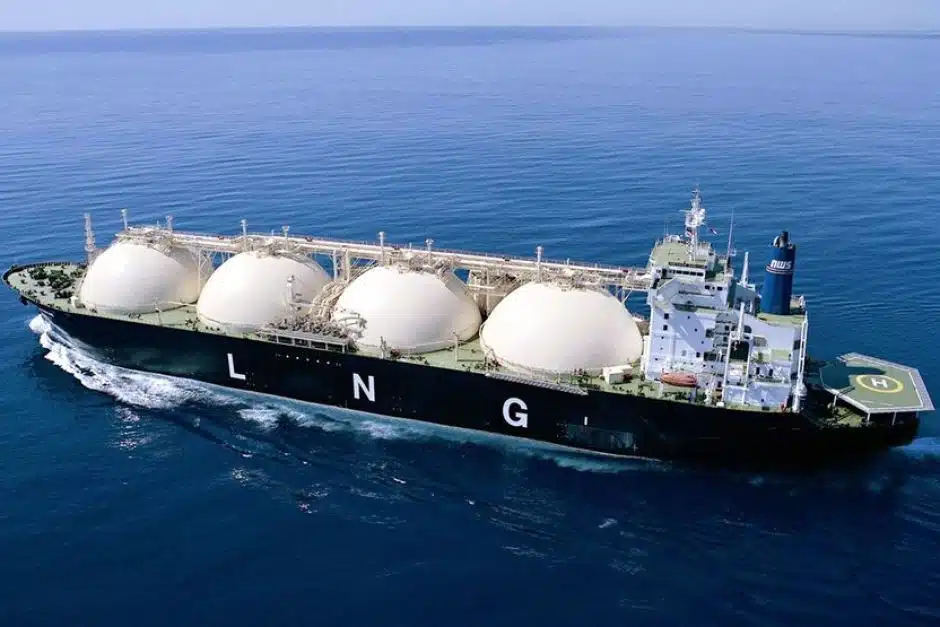Crude oil flows from Sudan have been disrupted after the United Arab Emirates (UAE) imposed a ban on cargoes from the Red Sea nation, blocking shipments at its ports.
The ban, which followed a breakdown in diplomatic ties earlier this year, is forcing oil tankers to reroute and search for new markets.
The UAE Ministry of Energy and Infrastructure issued a directive in August ordering its ports to stop “maritime interactions” with vessels linked to Port Sudan.
The directive, reported by Middle East Economic Survey (MEES), said the move was necessary to protect the “strategic interest of the UAE.”
Officials in Sudan cut diplomatic relations with the UAE in May, accusing the Gulf state of backing the Rapid Support Forces (RSF), a paramilitary group fighting the Sudanese army in the country’s ongoing civil conflict.
Sudan described the UAE’s actions as “aggression,” a charge Abu Dhabi has denied.
Tankers forced to change course
The ban has already disrupted trade routes. A Suezmax vessel, the Pola, carrying a cargo of Dar Blend crude from South Sudan, was unable to dock at the UAE oil hub of Fujairah earlier this month, according to shipping records.
The tanker was last tracked off Oman, about 62 miles from Fujairah, and could be diverted towards the Singapore Strait to discharge its cargo.
South Sudan, which is landlocked, exports its oil through a pipeline running across Sudan to Port Sudan.
The crude, known as Dar Blend, has been regularly shipped to destinations such as Fujairah, Malaysia and Singapore.
Cutting off access to Fujairah, a major global storage and trading hub, is altering the flow of cargoes between Africa, the Middle East and Asia.
Shipping sources said Dar Blend barrels were being marketed mainly in Asia, and the closure of UAE routes may increase the reliance on Singapore and Malaysian ports.
Wider impact on regional trade in Sudan
The disruption is significant for South Sudan, whose oil exports make up the bulk of its government revenue.
The country produces around 150,000 barrels per day (bpd), almost all of which is exported through Sudan’s pipelines and Port Sudan.
The embargo is expected to increase transport costs and cause logistical delays, which could make Dar Blend less competitive compared to other medium sweet crudes.
Sudan’s own production has been severely reduced by the conflict that erupted in April 2023 between the army and the RSF.
The fighting has limited investment in the oil sector and disrupted operations at key facilities.
The ban also adds a new layer of uncertainty to trade through the Red Sea, a route already strained by conflict in nearby Yemen and rising security costs for shipping companies.
For South Sudan, which relies almost entirely on crude exports for foreign exchange, the UAE embargo is a major blow at a time when revenues are already under pressure from instability in Sudan.








